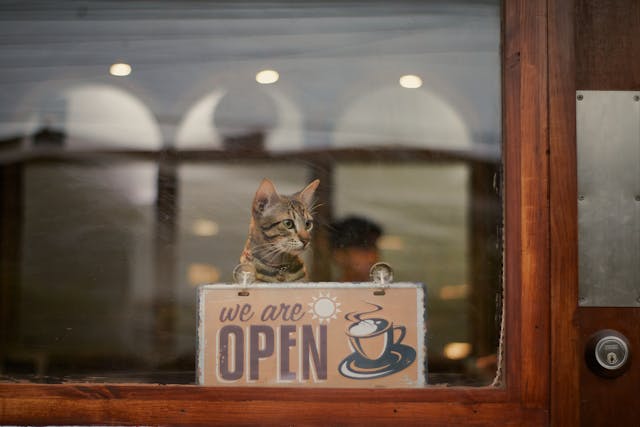
With pet ownership at historic levels throughout the United States, the pet business is still showing amazing expansion. Particularly pet franchising has become a strong business concept combining the love of animals with entrepreneurial chances. The changing terrain of pet franchising is investigated in this article together with important trends and future changes expected to influence this active industry.
Tech Integration Revolutionizing Pet Care Services
Pet franchising operations and service delivery at many points of contact are being transformed by technology. While smartphone apps let pet owners easily plan grooming visits, purchase specialty food, and get prescription reminders, modern pet store franchises increasingly use sophisticated point-of-sale systems to handle inventory, client preferences, and pet health information. For veterinary franchisees, telemedicine has become a useful tool for virtual consultations that increase service reach without paying for physical growth. Pet boarding houses are meantime using computerized feeding and monitoring devices that send real-time data to pet owners. These technical developments have two benefits: they lower running expenses for franchise owners and improve customer happiness and service quality, therefore giving forward-looking pet franchises a major competitive edge in a market going more and more digital.
Personalization and Premium Service Offerings
Driven by popular pet shop chains offering specialized feeding regimens, training programs, and bespoke grooming services suited to individual pets, today’s pet owners see their animals as family members deserving of personalized care and luxury items. By producing handcrafted, all-natural snacks that fit pets with particular nutritional needs, specialty vendors have profited from this trend. For companies ready to make investments in premium, organic, and locally produced pet goods, the increased demand offers profitable prospects. Originally thought of as niche offers, luxury pet services have become common expectations, with choices ranging from particles to extravagant pet birthday parties. Franchises that can provide these unforgettable experiences are attracting devoted consumers ready to spend freely on their cherished animal friends, therefore turning the pet care market into a premium service sector.
Sustainability and Ethical Sourcing Focus
With franchisees stressing sustainable standards finding more customer loyalty and good brand impression, environmental concern is greatly affecting consumer choices in the pet business. To accommodate this rising demand, pet shop chains are progressively using environmentally friendly packaging, selling biodegradable trash bags, and providing goods created from recycled materials. Health-conscious pet owners now mostly rely on clear sources of pet food ingredients; attractive opportunities to collaborate with ethical suppliers that uphold their beliefs are also quite important. With energy-efficient grooming tools, water-saving systems, and paperless transactions becoming typical features in contemporary pet franchises, the sustainability changes spans operational procedures to goods. While typically resulting in major long-term cost benefits for franchise owners who gain from lower resource consumption and waste management fees, these sustainability projects appeal to environmentally sensitive customers as well.
Multi-Service Integration and One-Stop Pet Care
With traditional pet stores changing into holistic care centers providing retail products, grooming services, veterinary care, training classes, and boarding facilities in one location, pet franchising’s future resides in thorough service models addressing many pet care needs under one roof. This combined strategy maximizes income potential per square foot of shop space and reacts to consumer need for ease, therefore fostering efficiency for consumers as well as company owners. Recognizing this trend, franchise companies have gone beyond their original baking idea to incorporate professional grooming services and boutique retail products complementing their main offers. Higher average transaction values and more customer visit frequency help multi-service franchisees develop closer ties with pet owners via regular interaction. Arriving for a grooming appointment, a pet owner may buy food, make plans for training sessions, or arrange to board for a forthcoming trip, therefore generating several income sources from one client visit. Through all-encompassing service, this one-stop strategy not only enhances customer loyalty but also generates natural chances for upselling and cross-selling that support franchise success.
Conclusion
Technology, shifting customer expectations, and changing business models all help to define the crossroads the pet franchising sector finds. As pet humanization drives more expenditure, flexible franchisees keeping operational quality will discover great expansion possibilities. The most successful operators will be those who understand that modern pet owners look for meaningful experiences and complete solutions going beyond basic transactions.


